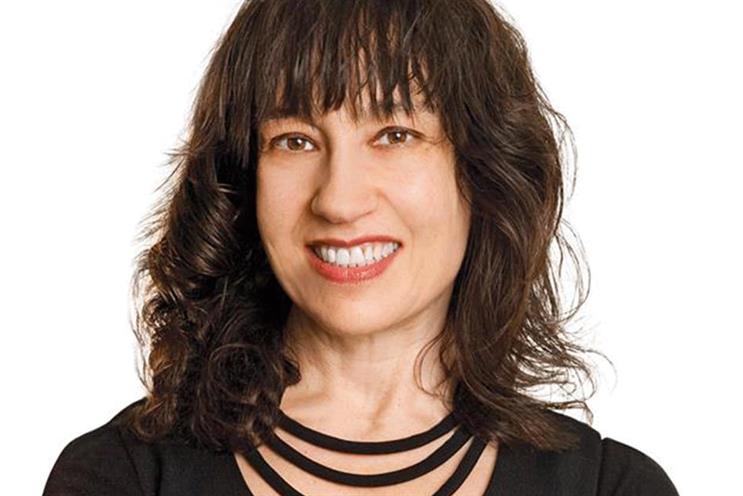is an American physicist and former astronaut. He was one of the opening speakers at this year's . How cool is that? Everyone wants to hear from an astronaut.
He flew on two space shuttle flights and made an extended six month stay on the International Space Station.
He left Nasa and joined Google to run its advanced projects unit, and now runs the B612 Foundation which protects the earth from asteroids and other objects that might collide with us. He’s highly qualified to deliver lessons learned in space but applicable for business. What a great key note speaker. Out of this world.
Lu’s only colleague while he lived on the International Space Station was a Russian cosmonaut Yuri Malenchenko. Just the two of them, in an extremely small space but with an awesome view out of the window including dozens of sunsets a day.
One of the first things they established was ways of working together. Clearly they had different reporting lines. One to Houston and one to Moscow.
Their two managers were unlikely to be totally aligned on every decision. Lu said they both had to be very clear to their managers that they would in every case refuse to act on anything where there was conflict and would not resolve the politics inside the space station.
Houston and Moscow had to reach agreement first. A great example to follow when there’s issues to be resolve within matrix management at work. Or if you’re meant to be in a cross agencies team but the client seems to be saying one thing to one set of management and another thing to the other.
Don’t try to resolve this yourself, it will just lead to unsatisfactory compromise and mediocre work, and possibly despondency.
Send the issue back up the line to the client stakeholders and get them to resolve it before you act. Never take a job if the management you speak to in the interview process seem to be unaligned. If the overall chief executive officer tells you the business needs to change completely but your prospective immediate boss wants you to transform a small silo, don’t take it any further until they are clearly in agreement.
However attractive the job sounds in theory, it will be impossible to deliver and it will make you miserable.
One other big lesson that he brought back to earth was never to micro-manage from afar. Clearly any astronaut is working with very expensive equipment and needs to make crucial decisions fast and in real time.
The temptation to micro manage from earth must be enormous. And must be entirely resisted according to Lu. If you’re working with people you have trained, you must then trust their training and experience.
The best state for any astronaut, he went on, is to be an optimist but to prepare for the worst. With the uncertainty both in the world at large and in the media industry in particular in 2017 this seems like a good goal for every media person.
Look on the positive side, be open to change and disruption, yet always be ready for the worst outcome. Don’t get ambushed by tough circumstances, spend quality management time considering contingency planning. For the brands you work on, for the company you work for, for your own development. Then, certainly, hope for the best.
The Marketing Society conference was a good stimulating day, and I am hoping for the best for it in 2017. I hope that there is less of a#GlassWall feeling about the day.
Women on the stage were by far in the minority this year. It was remarked on by many of the audience during the breaks. I am optimistic that this will change next year.
Sue Unerman is the chief strategy officer at MediaCom.


